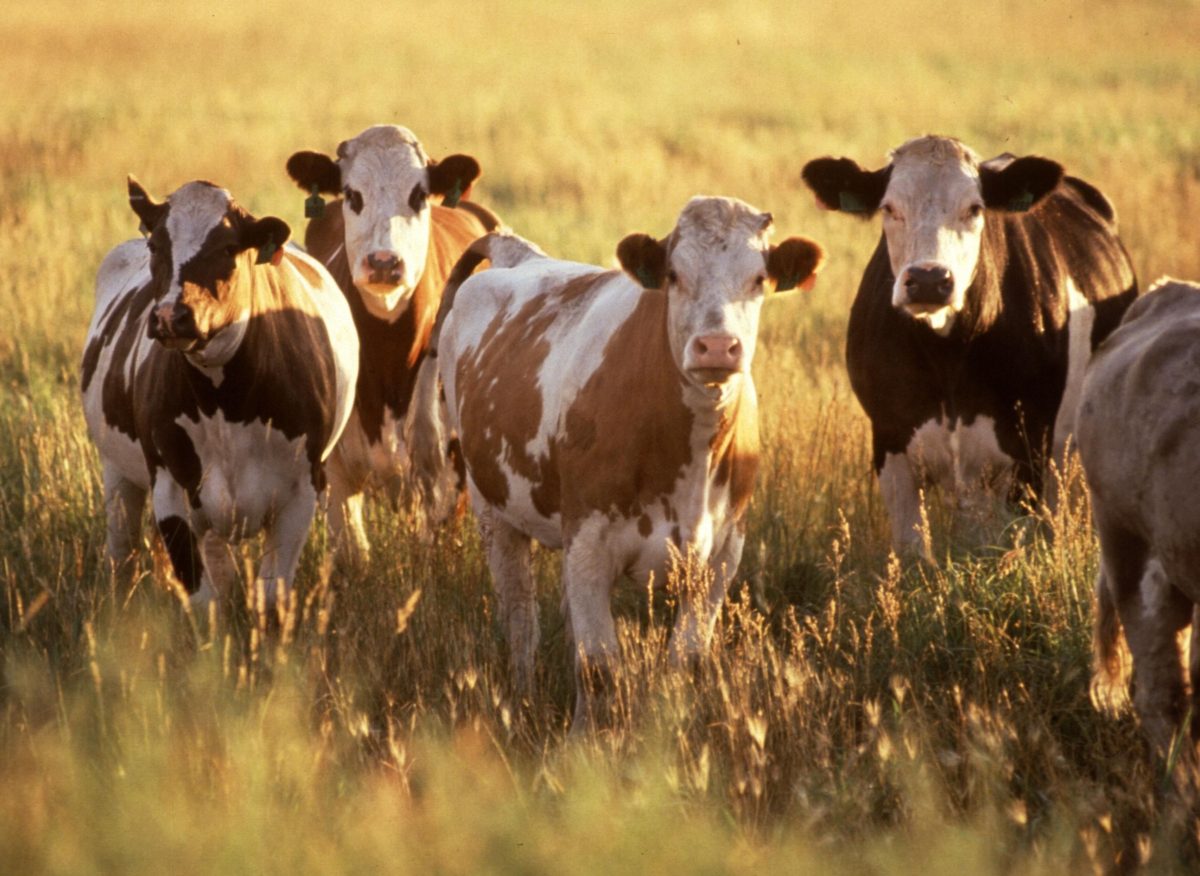Beef + Lamb New Zealand, working alongside DairyNZ and the Ministry for Primary Industries (MPI) as part of the Mycoplasma bovis eradication programme, this week posted fresh data on the incidence of the disease.
As at 15 January, 118 beef properties had tested positive for M. bovis. Almost all beef confirmed cases have involved movements or contact with dairy cattle, rather than traditional beef breeds, beef breeding herds or stud animals.
While Beef + Lamb NZ is confident that M. bovis is not widespread in beef breeding or stud herds in New Zealand, it is emphasising the importance that the programme carries out a beef survey to make sure this is indeed the case. This will also help provide confidence in the future that we are free from the disease.
To do this, the Mycoplasma bovis programme will shortly begin sampling beef cattle throughout the country as part of a National Beef Survey. This is the next logical phase in the Programme and was highlighted in the latest report from the independent Technical Advisory Group in October 2019.
Testing of herds from approximately 2,500 farms which have had no connection to the M. bovis outbreak will start this month. Testing of these herds, which have no known risk of infection, is necessary to determine that the disease is not present outside of the high risk farms.
To minimise disruption to farming operations, samples will be taken from beef cattle at the same time as they are screened for TB.
Those farmers with cattle being tested for M. bovis as part of their TB testing will be told in advance of their TB testing taking place. When cattle are presented for testing, between 50 and 220 animals will be sampled.
Testing will be carried out at AsureQuality laboratories and farmers should expect to be contacted within three weeks if results indicate that there is possible infection and more on-farm testing is required to determine the farm’s status.
Negative results, which are expected for almost all farms tested, will also be supplied to farmers initially by the programme’s liaison team, with a view to providing results through NAIT in the future.
Farmers are being reminded there is still a risk of bringing infection on to farms, and all farmers are advised they must take the right steps to protect their herds. See further biosecurity advice.
NAIT compliance is a vital part of helping achieve eradication.
Source: Beef + Lamb New Zealand












